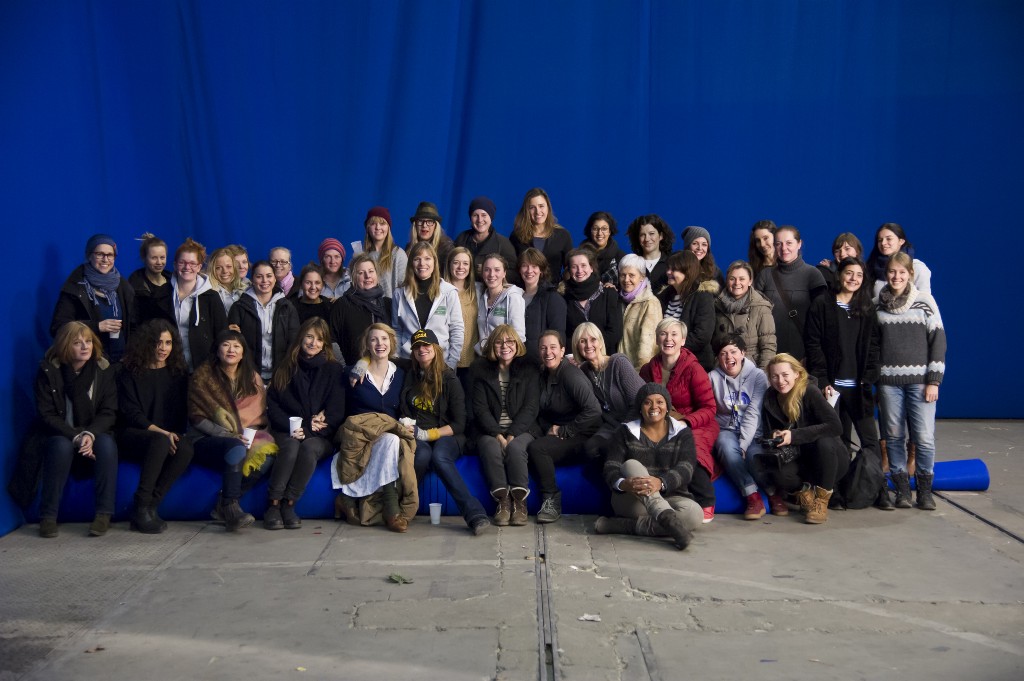

#Parent previews the zookeepers wife free#
When an elephant’s baby is in distress and near death, Antonina rushes to their aid, calling each by name and telling the mother elephant that everything will be OK if she just gives her space to free the baby’s airway. In fact, she treats the animals in the zoo as she would her own child. She might be the zookeeper’s wife, but she has just as much if not more of a command over the place as her milquetoast husband. The stage-setting is a necessary evil, but used wisely enough to introduce the characters and set up what will be an ongoing personal conflict that will serve as a sort of microcosm for the war - the friendship with a German zoologist, Lutz (Daniel Bruhl), that turns into an increasingly uneasy alliance when the war starts.Ĭhastain’s Antonina is ethereal, motherly and tenacious.

This inherently dramatic and amazing story doesn’t need dressing up - it just needs to be told. She chooses silences and understatement over heightened stakes. You’re certain that “The Zookeeper’s Wife” is doomed to suffocating sentimentality, emotional blackmail and too-neat resolutions.īut despite a romanticized beginning, in which our heroine Antonina (Jessica Chastain, affecting an accent that you’ll get used to, I swear) seems to live the most picture perfect life that’s ever existed (frolicking with the free-roaming zoo animals, sipping tea on her balcony and gazing lovingly at her doting husband and son), Caro keeps the action and emotion real and grounded throughout. In mining the drama of WWII for cinematic stories, audiences have rightfully been trained to be suspicious of those that look too pretty. This extraordinary true story is dramatized rather effectively in director Niki Caro’s “The Zookeeper’s Wife ,” based on the non-fiction book by the naturalist writer Diane Ackerman.Ĭaro, who directed “Whale Rider” and “McFarland, USA,” imbues the production with a glossy sheen, which in the confines of trailers and advertisements might make this look dismissible.

In German-occupied Poland during the darkest days of World War II, a zookeeper and his wife managed to save the lives hundreds of Jewish people, many of whom were detained in the Warsaw Ghetto, by giving them shelter and refuge on the zoo grounds.


 0 kommentar(er)
0 kommentar(er)
